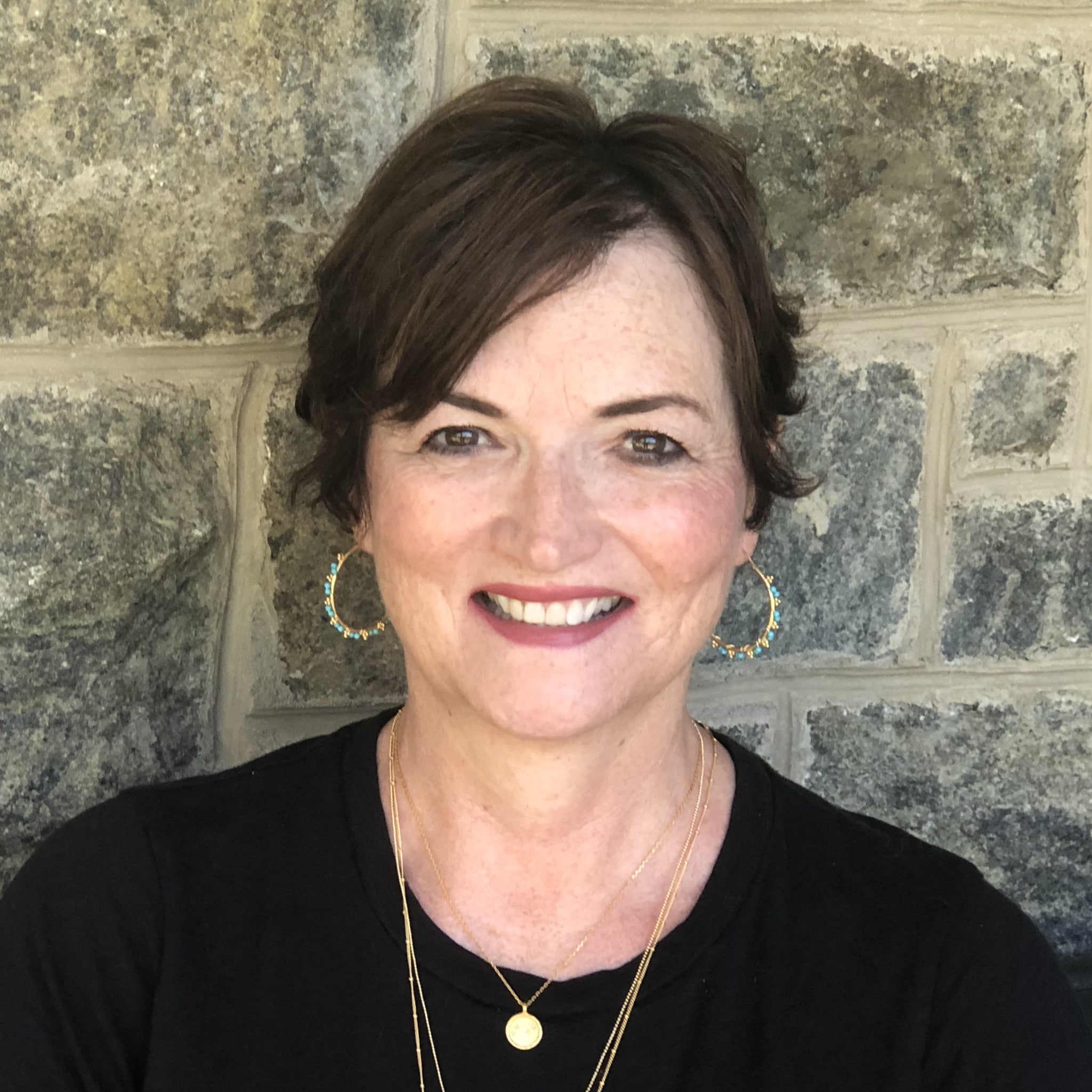After years of self-criticism, I finally learned the act of self-compassion.
Compassion comes easily to me with others. I’m a nurse. But compassion for me was another story. I grew up in an alcoholic home where compassion and dreams were nonexistent. The protective wall I had built around me kept the suppressed feelings of my past well hidden. It was easier that way.
Debilitating panic attacks appeared when the wall was crumbling in my early thirties. Then, an overpowering depression set in. My body and mind were stuck in the past, talking to me.
Over many months of psychotherapy, the floodgate of buried emotions surged with memories of my past. The same loneliness and fear that I repressed growing up were now omnipresent. Along with therapy and medication, the depression lifted enough that I didn’t feel like I was drowning every day.
I knew it was time to take better care of myself — “What if I started treating myself like my patients—being kind and encouraging?”
Compassion vs Self-compassion
Compassion is a deep concern for the suffering of another, coupled with the wish to relieve it. It’s when you empathize or put yourself in someone else’s shoes, feel for them, and want to help.
Self-compassion is simply turning that same compassion inward. It’s a self-attitude of being kind to yourself, especially in difficult times.
Dr. Kristin Neff has defined self-compassion as being composed of three main elements:
1. Self-Kindness vs. Self-Judgment:
Self-kindness is being warm towards oneself when encountering pain and personal shortcomings rather than being self-critical.
2. Common humanity vs. Isolation:
Seeing one’s experience as part of a human experience is not isolating or abnormal. Doing so allows for the recognition that life is imperfect.
3. Mindfulness vs. Over-identification:
Mindfulness allows us to “be” with painful feelings as they are.
Being mindful prevents the extremes of suppressing or running away from painful feelings so that we do not avoid them.
It took me a while to learn about self-compassion and how to practice it for myself. Eventually, I learned the following.
1. Treating oneself with kindness and empathy is relatively easy. It becomes even easier over time.
2. There are many benefits of practicing self-compassion. Research studies have shown that self-compassionate people are happier, better at relationships, and are even physically healthier. Self-compassion has lowered my anxiety, depression, and stress.
3. The are misconceptions of self-compassion. Some people think that it’s a weakness.
– It is a strength.
– It is not related to your self-esteem.
– It is not a weakness.
– It is not self-pity.
– It will not make you complacent.
8 Ways to Practice Self-Compassion
1. Being in nature for at least two hours a week.
2. Journaling your feelings.
3. Using lavender oil in a diffuser.
4. Engaging in breathing exercises.
5. Practicing meditation.
6. Listening to soothing music.
7. Reading self-compassion books.
8. Saying positive affirmations. I remind myself that I am strong, safe, and loved.
I now know how to comfort and care for myself in challenging times.
Self-compassion has helped me to be gentler and kinder to myself. I have less anxiety, and though my depression is ongoing, it is manageable. I have become more self-aware and calmer, and I do not worry about things I have no control over. I learned to acknowledge the challenging times instead of ignoring my pain with a “suck it up” attitude. Then, I can go back to the basics of self-care.
It’s good to know that I am not alone.
“If you want others to be happy, practice compassion. If you want yourself to be happy, practice compassion.” — Dalai Lama
Guest Post Disclaimer: Any and all information shared in this guest blog post is intended for educational and informational purposes only. Nothing in this blog post, nor any content on CPTSDfoundation.org, is a supplement for or supersedes the relationship and direction of your medical or mental health providers. Thoughts, ideas, or opinions expressed by the writer of this guest blog post do not necessarily reflect those of CPTSD Foundation. For more information, see our Privacy Policy and Full Disclaimer.

Susan Frances Morris is the author of The Sensitive One, a memoir dealing with childhood trauma, abuse, health, and healing. She holds a bachelor’s degree in nursing and was a practicing nurse from 1989 to 2011, primarily in Women’s Health. She was raised in Springfield, Massachusetts, the second oldest of seven siblings with two sets of twins. http://susanfrancesmorris.com




